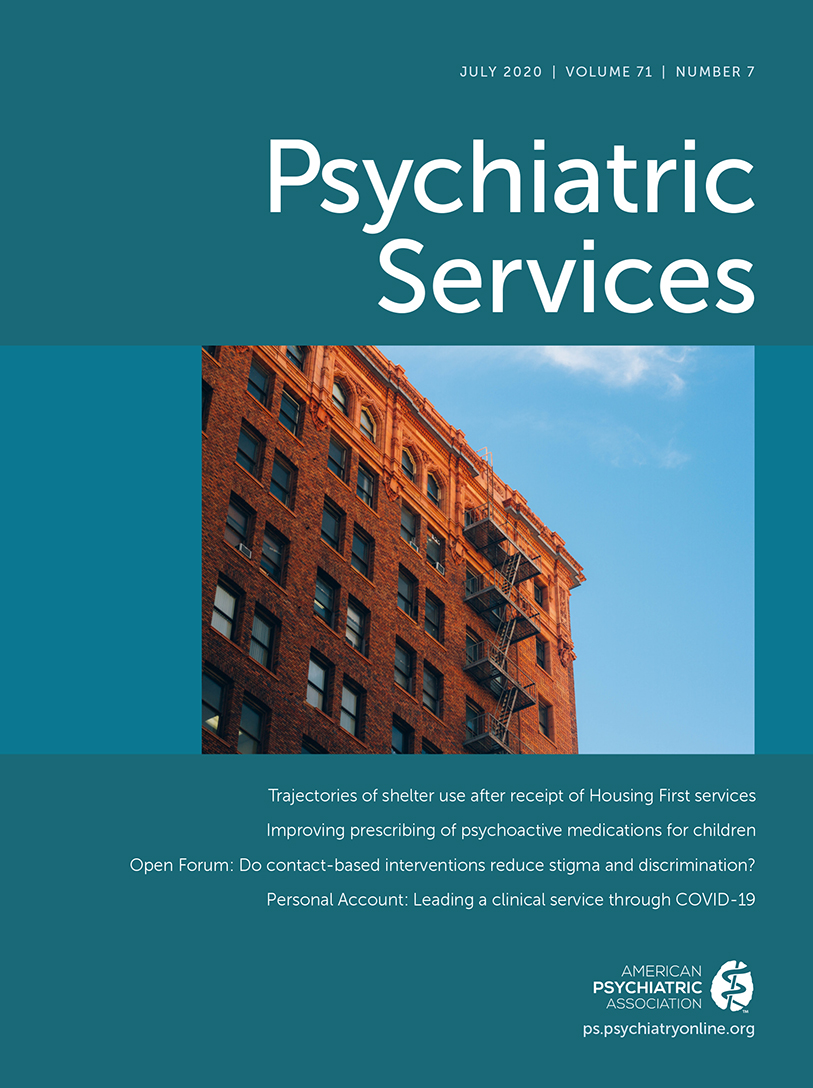Getting Ready for COVID-19
COVID-19 is creeping into our region at a moment when I am overseeing psychiatric clinical services for our academic health system and New Hampshire’s only state hospital. I watch winter melt into spring as I drive through beautiful New England hills on my way to the hospital. I spend the time thinking.
I have had a fortunate life. I have lived more than 60 years without disruption by a major worldwide upheaval. I am sure that this is true for many of us in the United States. What we are facing now is something different—this is a big moment.
Some elements of the current situation remind me of books I have read about war. Right now in New Hampshire, it feels as if a battle is being fought on the other side of the ridge (in New York) and that the action is coming our way. Like soldiers preparing for battle, we feel an urgency in the preparation. We want to be as ready as possible, knowing the thick of the action is coming soon. Our crisis planning teams are getting the technology in place, sorting out what additional professional resources we will need, and thinking through contingencies. In the planning, it is clear that licensed professionals play an essential role. It is equally clear that we will be nowhere without environmental services keeping us safe through effective cleaning; supply-chain professionals getting us the protective gear we need; pharmacy, communications, and technology experts; and operations ninjas. The intensity and shared purpose of the work brings us together. We are not singing hymns before the onslaught (as in the recent film 1917), but we grow close as the danger approaches.
Also, like soldiers waiting for battle, we are together but also alone. Each of us has complicated inner and outer lives. My father died when he was exactly my age. When the sun came up this morning, it made the droplets from last night’s rain really sparkle on the trees. If I die now, I will have had a full life. But I do not want to die now—I want to see many more daybreaks. I use the protective equipment that is available and try to stay 6 feet from others. And my family. My wife worries both about my safety and about the clothing I wear home from the hospital, concerned that the clothes will get others ill. Both of us were fearful about our daughter until she got out of India hours before the country shut down and about our son training as a chaplain as his hospital fills up with patients with COVID-19. We lose sleep strategizing how to get family out of immediate danger in New York. We are not writing letters home from the front—the front is coming to our home.
As in wartime, this coming pandemic tests our character as individuals and as organized groups. I would like to use my full self in this effort, and I want our clinical service to perform well and come through this period stronger. Here are some of the hopes for our group:
• I would like us to be able to look back and feel proud of the care we provided to our patients through this time, both the patients we already care for and the ones we bring into care in the coming months.
• I would like us to know each other better and for each of us to have a greater appreciation and connection to the care provided at all sites: the state hospital, the academic medical center, the Veterans Affairs medical center, the community hospitals and mental health centers, the faculty practice, the addiction program, and all the other sites. We have many impressive people doing this important work. Let’s use this time to pull together.
• I would like us to really step up to this challenge. Let’s contribute to the broad effort of our health care system. This is a time for our department to be inside making a difference, not hanging back outside. Is psychiatry a core part of medicine? Are we an asset to the health system and to the state and communities where we live and work? I think we are. Let’s be sure to show it.
I am glad this is not a war. Still, it certainly is a frightening time. Some days I feel quite tired, and I am not sleeping well. I often worry that I am getting sick (a social worker at the hospital said to me, “The thing is, doc, when I read the word ‘cough’ I cough”). But most days I feel energized and grateful. As an individual I am fortunate, and as a field we are fortunate. We have a lot to offer to our patients, our systems of care, and each other. This moment presents an opportunity to apply what we know, grow as a community, learn what we can, and make a difference.



